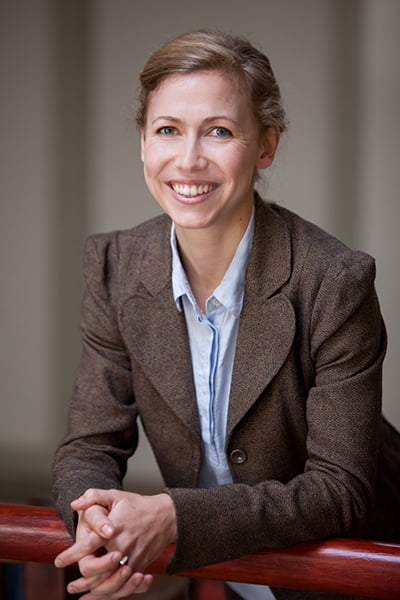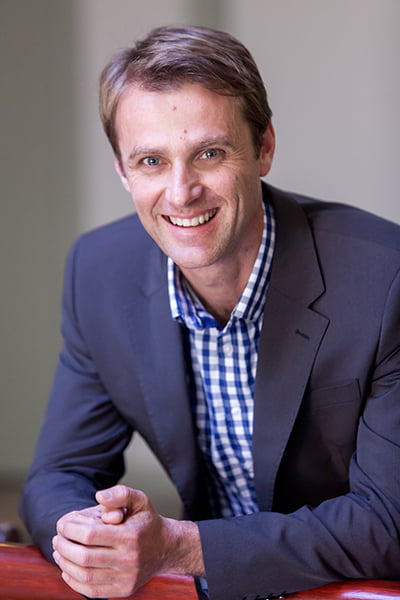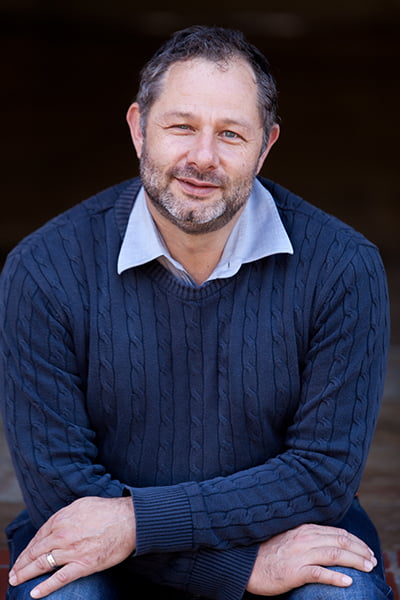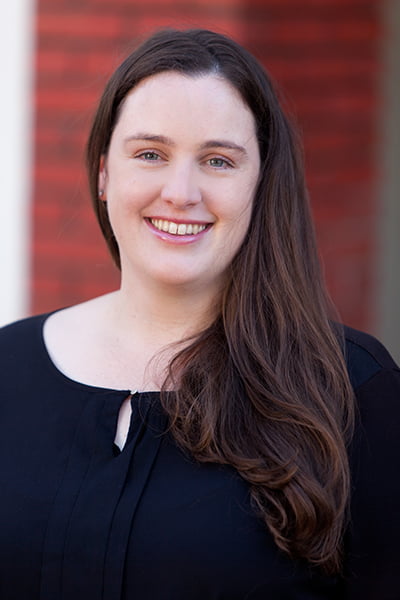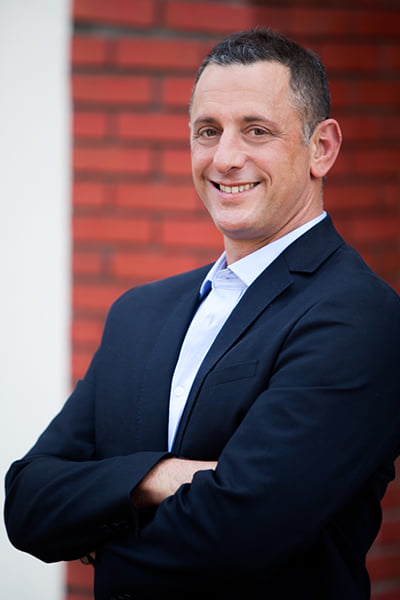Green Building Council South Africa (GBCSA) hosted its hybrid 14th annual Green Building Convention from 2 – 4 November 2021. The GCX team was out in full force at the live event hosted at the CTICC 2 in Cape Town as an exhibitor and with our Sustainability and Digital Directors, Ohad Shachar and Bernard Jacobs participating in Growthpoint Properties’ virtual workshop on ‘ESG for Property Companies – The Moving Parts’.
“It was fantastic to see people again and to engage with stakeholders. I think the focus on sustainable finance is definitely key and a big shift from previous Conventions to now where it is a massive topic. The stakes have gone up and companies are desperate to do this properly and capitalise on these opportunities. I think we are past the box-ticking and into the truth,” said GCX CEO, Kevin James.
The programme at this year’s Convention comprehensively covered topics and trends that are key green building drivers in South Africa, Africa and the World. Here are our top three picks from the breakaway sessions at the Convention.
Net-Zero: A Global Push to the New Normal in the Built Environment
The Build Track talk on net-zero hosted a heavyweight panel of speakers, including representatives from key GCX clients, Growthpoint and Attacq weighing in on the topic. We were delighted to see Attacq’s Thomas Fuller using slides from GCX in his presentation on carbon emission reduction and emissions trajectories on their buildings.
The talk focused primarily on the build side of real estate, and the factors that can be incorporated into the design elements of a building to enable net-zero to be achievable for that building. These ideas were brought forward by Arup and MSSA, who spoke about the elements under consideration to improve the environmental performance of buildings by designing with the environment in mind.
The key takeaway from the session emerged from Fuller’s presentation that put forward a business case of going green and improving environmental performance. It not only reinforces how GCX operates but strengthens our belief that there should be a link between financial and non-financial environmental performance. Fuller delved into the detail of improving the operational performance of a building and how implementing more environmentally efficient measures can improve on returns from a property.
A point driven home in this talk was the identification of “low hanging fruit”, and the initiatives that can be done quickly and efficiently to improve the performance of a building that can work to get a building net-zero ready.
Climate Change and Real Estate: Can Erosion Risk Impact on Investor Returns
Another talk that grabbed the attention of GCX during the week on the Investment Track focused on erosion risk impacting investor returns. The talk centred on climate change and the risk that climate change poses in the real estate sector. A sector that may be the most severely affected by the physical impacts of climate change if not prepared in the long term. The talk centred on the investor perspective and how investors are judging the climate-related risk of their investee companies, as seen this year by coronation fund managers enforcing TCFD disclosure by its investee companies.
The investor lens was provided by Gareth Allison, of MSCI, a company that investors turn to when it comes to ESG ratings. But what Gareth highlighted most was determining the potential value at risk (VaR) of an asset based on the climate-related risks. While this is a service that MSCI provides to its customers, it’s vital for companies who are trying to assess the potential impacts of climate change on their portfolios. This is a key component of the TCFDs and will aid companies in their long-term strategy to be prepared for what is to come.
As a country, South Africa is a long way away from being on target to keep in line with a 1.5-degree warming scenario and there is much to be done from our side to provide an orderly transition to a low carbon economy. To do this, climate-related opportunities need to be realised and implemented by companies to drive the transition. Laila Razack, Equites CFO, provided insight into how Equites is preparing for the future and that in some instances have already felt the physical effects of climate change after being hit by flooding that would be termed a one in one-hundred-year flood. Equites is taking the initiative to get their new developments EDGE-certified, which means tracking water and energy consumption, as well as the embodied carbon of their developments.
Data, Data Everywhere
Data is core to our business and the GCX team really looked forward to this Build Track session that focused on using digital transformation and effective data analysis to understand trends and act based on that data. Each speaker in the talk brought a unique perspective on how data can be used in a building context. The speakers each made fascinating points and each speaker could have gone on for hours describing their use of data in the buildings.
Knowledge and insight, through data, is crucial to micromanage a building down to the most granular level. While having sensors and metering in place measures consumption, understanding how people move and use a building is equally important. Knowing which areas to prioritise and how to run your building to meet the needs of occupants achieves efficiency as it highlights areas in the building that require more attention and where the attention should be. The implications were highlighted by Adrian Maguire of Fatti, whose service use shopping centre analytics on customer movement to understand how shoppers move around shopping centres.
While having the means to measure and manage operational performance is the goal, Rebecca Cameron from the City of Cape Town highlighted that it is a long journey and has taken the City many years to get where they are today. Having a portfolio of that size requires it, and with the emergence of EPC legislation across South Africa, it is now a necessity.
Dr Jasper Grosskurth from Dalberg delved into the topic of using GIS (Geographic Information System) to understand how land-use changes over time. He showcased the use of satellite and drone imagery to track population density to make informed decisions about building in certain locations.
To find out more about the Green Building Convention, visit www.gbcsaconvention.org.za.




